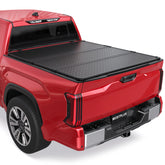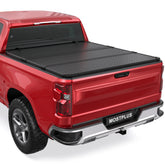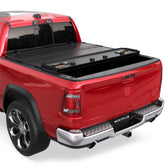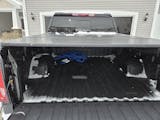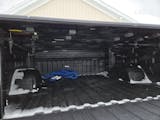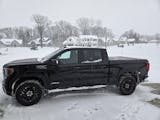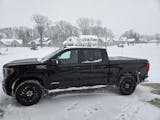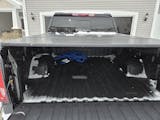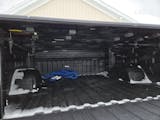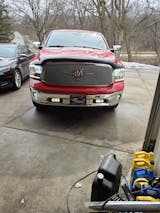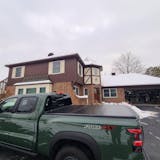How long do brake calipers last?
Your car's braking system is made up of several parts that must work together to stop the car. Most car owners take their brake system for granted until something goes wrong. Your car's brake calipers are the parts that hold the brake pads in place and apply pressure to the vehicle's rotors when it's time to stop.
The calipers are connected to rubber brake hoses that carry brake fluid from the master cylinder to the calipers when needed. When you depress the brake pedal, you activate the calipers. Brake calipers are designed to last as long as your vehicle. Due to constant use, brake calipers will begin to show signs of wear. Not having the full braking power of a vehicle can cause a number of problems.

Disc brake calipers are durable braking components and should last as long as your vehicle. Realistically, your calipers will last between 75,000 and 100,000 miles, or 10 years. However, this is not an exact estimate for every vehicle. The life of your brake calipers will also depend on
- How you drive
- Road conditions
- Environmental conditions, such as weather
Changing your car's brake fluid every 50,000 miles can help reduce problems with your brake calipers. You should also keep an eye on your brake pads and rotors when trying to maintain your calipers. Driving your car with worn brake pads or rotors can cause significant damage to your brake calipers.
How do I know if a caliper needs replacing?
The importance of keeping your brake calipers in good working order cannot be overstated, which is why timely repairs are so important. In most cases, you'll become familiar with your car's behavior, making it easier to spot problems with your brake caliper repairs. If your brake calipers are in an advanced state of disrepair, here are a few things you'll notice:
1. Unusual braking sounds
If you hear squealing or rubbing noises from either wheel when you depress the brake pedal, you may be dealing with damaged brake calipers. Your vehicle's brake calipers may be locked and the pistons may be stuck in the brake cylinder bores. When this happens, the brakes become somewhat ineffective and you lose control of the vehicle. These squealing noises may also indicate that a brake pad has worn down to its backing plate.
2. Leaking brake fluid
Corroded brake calipers can quickly wear out the rubber seal on your brake piston. This can often be the cause of brake fluid leaks. As brake fluid levels drop, so does the amount of brake pressure that can be applied. And if leaks become excessive, your hydraulic braking system may stop working altogether.

3. Your vehicle veers to one side
Damaged brake calipers can cause your vehicle to lean to one side when braking. This usually occurs when a piston in defective calipers sticks to the wheel rotor and cannot move freely. As a result, when you depress the brake pedal, the vehicle pulls to the side that has better traction. When you stop braking, the vehicle veers to the side with the caliper locked.
4. Brake pads wear unevenly
Don't forget that it's your brake pads that come into contact with the wheel rotor to slow your vehicle. So if you have a rusty or damaged brake caliper that can't move freely, it could end up putting uneven pressure on your brake pads. As a result, the brake pads on each side of the vehicle could begin to wear unevenly.
Have your brake calipers reached the end of their life? Then it's time to replace them! Find the right parts for your vehicle in the MOSTPLUS Online Catalog!
Featured Products
- $479.99
$499.99- $479.99
- Unit price
- / per
- $549.99
$559.99- $549.99
- Unit price
- / per
- $489.99
- $489.99
- Unit price
- / per
- $469.99
$489.67- $469.99
- Unit price
- / per
